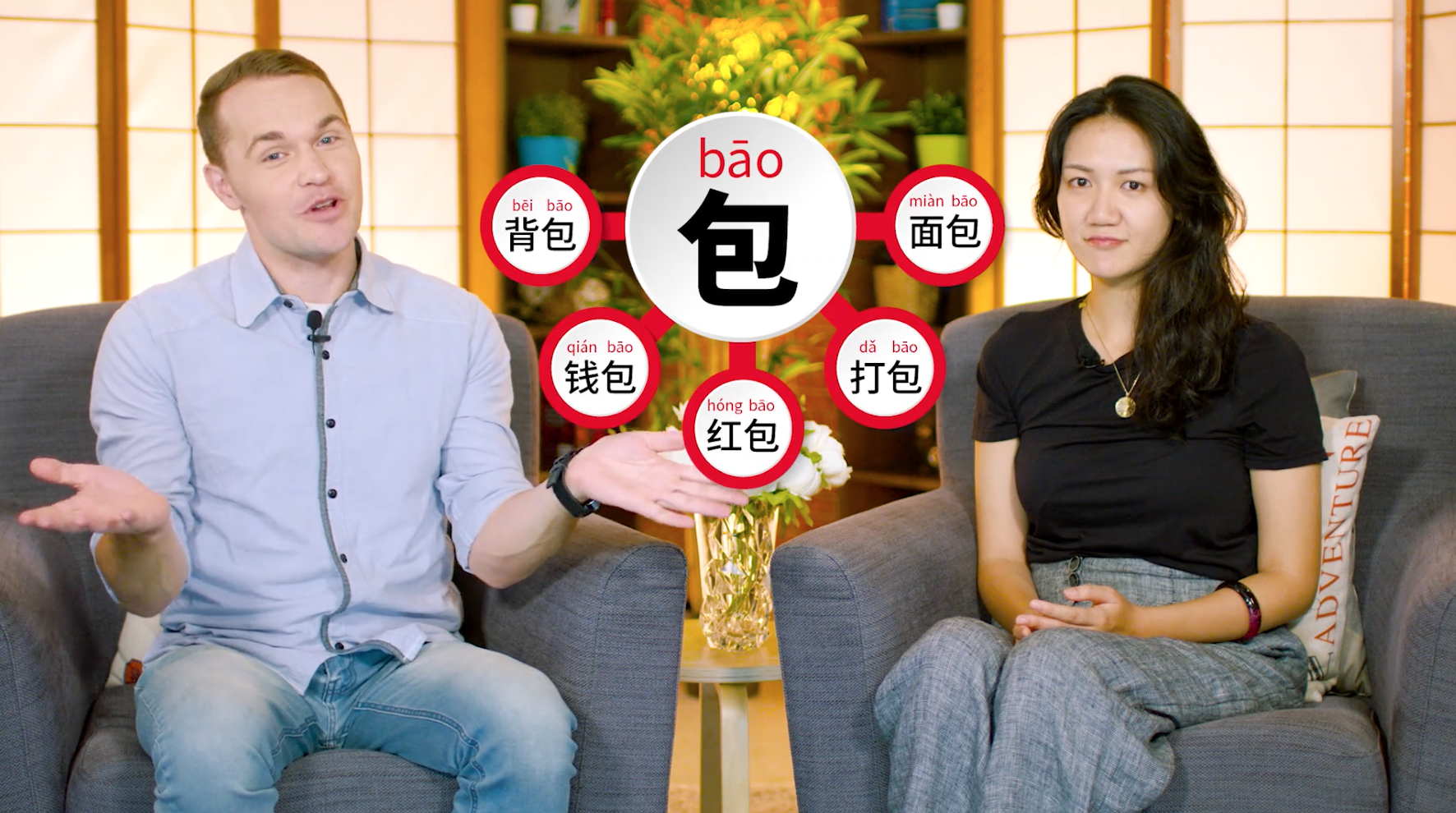Relevant Content
We'll always make sure you know exactly what the lesson is about. You
will easily understand whether it is relevant for you.
The Three De's: 的/得/地
Great Hosts
Here at ChinesePod, all our lessons are presented in an entertaining
manner by our great hosts. You'll find language learners, teachers,
and even professors sharing their insights, ideas, and teaching
methods in our video and audio lessons.
Brief Lesson Summaries
A brief introduction of the lesson will always tell you what this
lesson is about and what language level is the intended target. If
you're interested in the subject, but might not be able to understand
it in full, fear not; we have transcripts of lesson dialogues
vocabulary so you can follow along.
IN THIS LESSON
ID: 7431 Elementary
Tue Jan 17 2017 | Constance Fang, Fiona Tian

